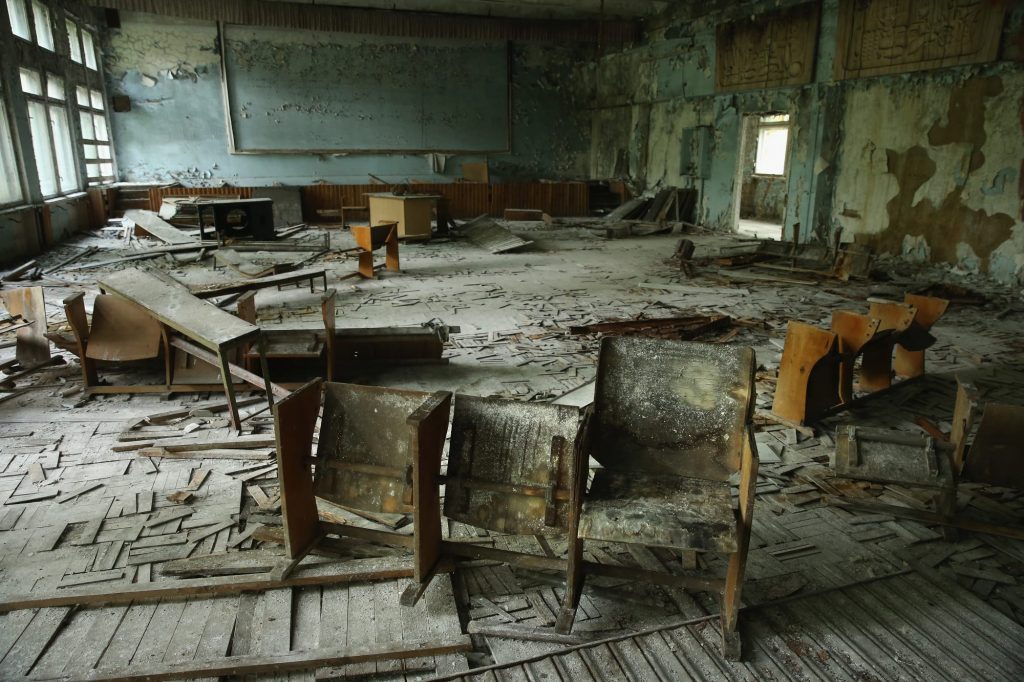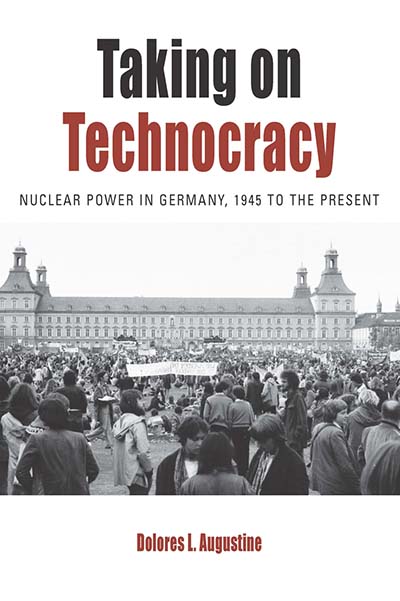In the early morning hours of April 26, 1986 there was a nuclear accident at one of the reactors in the Chernobyl Nuclear Power Plant, located near the city of Pripyat, in the north of the Ukrainian SSR in the Soviet Union, creating what many consider to be the worst disaster in the history of nuclear power generation. The accident caused the largest uncontrolled radioactive release into the environment ever recorded. Even after so many years of scientific research and investigations the questions about Chernobyl’s long-term health effects to the general population and environmental impact remain unanswered. To learn more please visit https://world-nuclear.org/
Continue reading “Remembering the Chernobyl Disaster”Tag: nuclear power
Book Preview: THE MEANINGS OF A DISASTER (International Chernobyl Disaster Remembrance Day)

The United Nations has proclaimed 26 April International Chernobyl Disaster Remembrance Day. The day was first observed in 2016, on the occasion of the 30th anniversary of the 1986 nuclear disaster.
Continue reading “Book Preview: THE MEANINGS OF A DISASTER (International Chernobyl Disaster Remembrance Day)”Has Germany’s turn away from nuclear power been a mistake?
 By Dolores L. Augustine, author of Taking on Technocracy: Nuclear Power in Germany, 1945 to the Present.
By Dolores L. Augustine, author of Taking on Technocracy: Nuclear Power in Germany, 1945 to the Present.
Energy policy has recently gained a good deal of public attention. “Germany, as far as I’m concerned, is captive to Russia because it’s getting so much of its energy from Russia,” President Trump argued at the NATO summit on July 11, 2018. Let’s set aside the faulty data underlying this argument and Trump’s own friendly policies towards Russia and turn instead to a more fundamental question: How wise have German energy policies been? Germany has taken a very different path from that of the United States, deciding in 2011 to abandon nuclear power by 2022. However, Germany has also committed itself to reducing use of fossil fuels. Has this placed German policymakers in a bind? Would life have been easier for Germany if it had not turned away from nuclear power? To understand the present-day situation, we must first look at its historical roots.
Why did Germany turn away from nuclear power? Continue reading “Has Germany’s turn away from nuclear power been a mistake?”

